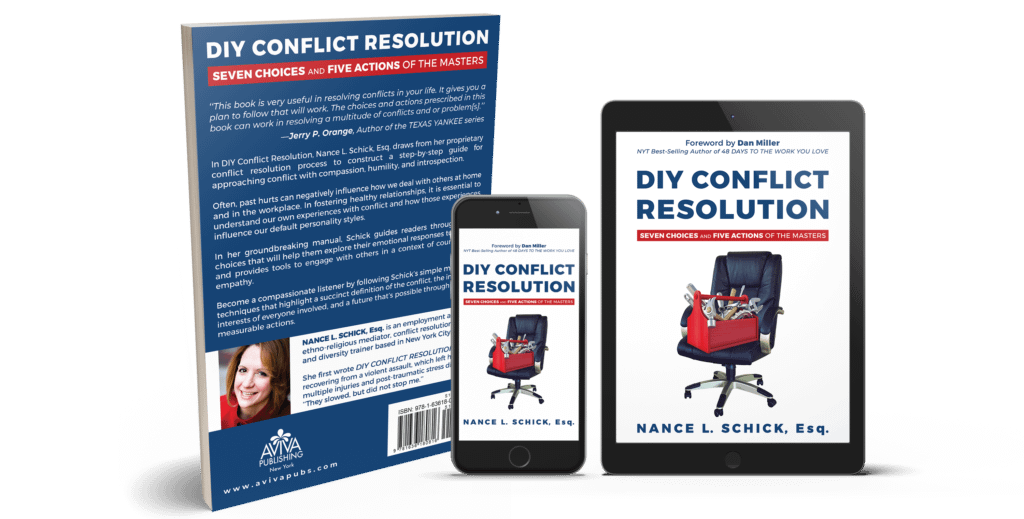Are you unsure why a conflict is twisting you up so much?
How did you end up here?
Despite your best efforts, you will not avoid all conflict. Yet when you find yourself in conflict, you will often wonder how you didn’t see it coming. You’ll probably even look for someone to blame. That’s just your brain following a pattern developed over time. It’s not necessarily the pattern that will create the result you want.
In mediation, we check the route you’ll take from here by considering what’s most important to you about the journey. We ask questions like:
- What do you value most in an employment partnership?
- When you took this job (or hired this employee), what did you think it would be like?
- What were you expecting to achieve together?
- What did you really want to happen?
- What do you have to do now that you weren’t prepared for?
- What do you think now?
- What do you want most?
- What do you need?
It’s a lot different from court, where we focus a lot on facts and law regardless of your deepest wants and needs. In mediation, we want to put the power back in your hands and help you create what you want and need now, as well as in the future. I wrote the DIY Conflict Resolution book, so you could keep building your skills long after the mediation and current conflict is resolved.
Interests people commonly have in workplace disagreements:
- “I most value freedom and flexibility in my work.”
- “When I hired this employee, I thought I would get more relief, not more headaches.”
- “I didn’t really know what to expect beyond a paycheck.”
- “I didn’t give much thought to what might happen. I was just happy to have a job.”
- “I wasn’t prepared for all the training I’d have to do. I thought he’d know more than he does.”
- “I think my boss is horribly disorganized and expects me to accommodate his inability to get himself together.”
- “More than anything, I want to be acknowledged for my good work, trained to do what I don’t know how to, and set up for success, not failure.”
- “I need an employee who can hit the ground running. I don’t have time to train someone.”
Master Your Employment Partnerships from Job Post to Termination

